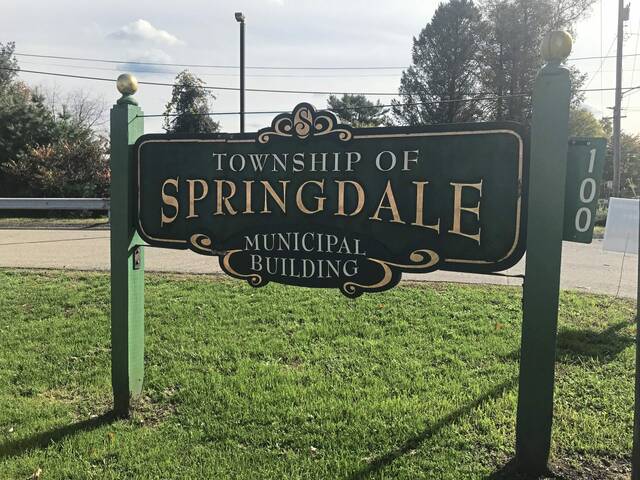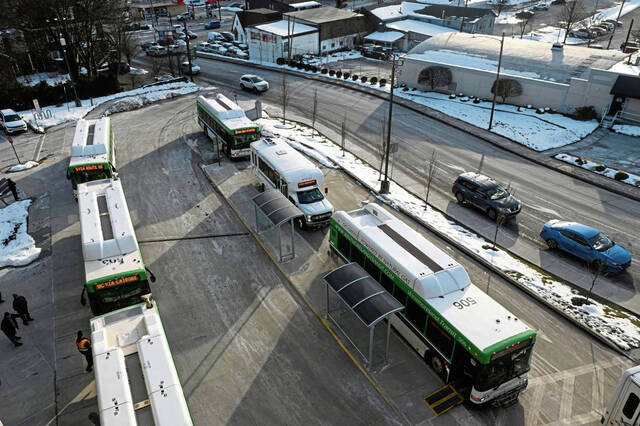Failing to plan is planning to fail.
Sometimes bumper-sticker-type advice survives for a reason — because it’s true.
The saying often ascribed apocryphally to Benjamin Franklin cautions us to know what we are doing before we plunge in headfirst. More than that, it smacks us on the back of the head with the ultimate result if we don’t.
It’s the kind of advice that would be worth inscribing on the walls and facades of many a government building in place of the Latin mottos no one understands. Too often a government body or official — local, county, state or federal — jumps into an idea without more than good intentions and sets off in a direction that ends up having very different consequences.
Everyone has heard of federal lawmakers passing bills they haven’t read. Center Square recently reported on a Pennsylvania House Appropriations Committee meeting in which the Department of Health was called on the carpet for submitting a request for $5 million with just a 28-word explanation.
On the more local levels, examples abound of school districts or municipalities delaying repairs on buildings or bridges, sacrificing the easily plotted long-term health of assets for the short-term gains of a popular project or the even more popular “no tax increase.” That’s great until the neglect means a new school has to be built or a bridge falls down, ultimately costing a lot more than routine maintenance.
So it is encouraging amid the embrace of infrastructure improvements across the state and country to see some leaders approaching the idea soberly and with intention.
Springdale Township commissioners are not just charging their engineer with coming up with an infrastructure plan. They want three of them, allowing for focus on the important but disparate needs of water, sewage and roads.
“We don’t have our information all mapped up,” said Commissioner Tim Basilone. “We need to look at mapping and what we have done.”
Approaching the needs analytically allows for not just critical ranking of what is important and what is affordable but what saves as much money as it costs and what can or should be staggered for the best long-term use. There’s no sense paving a road today and putting new water or sewer lines under it tomorrow.
The result should not just be a checklist of projects to complete but a real plan for success.








